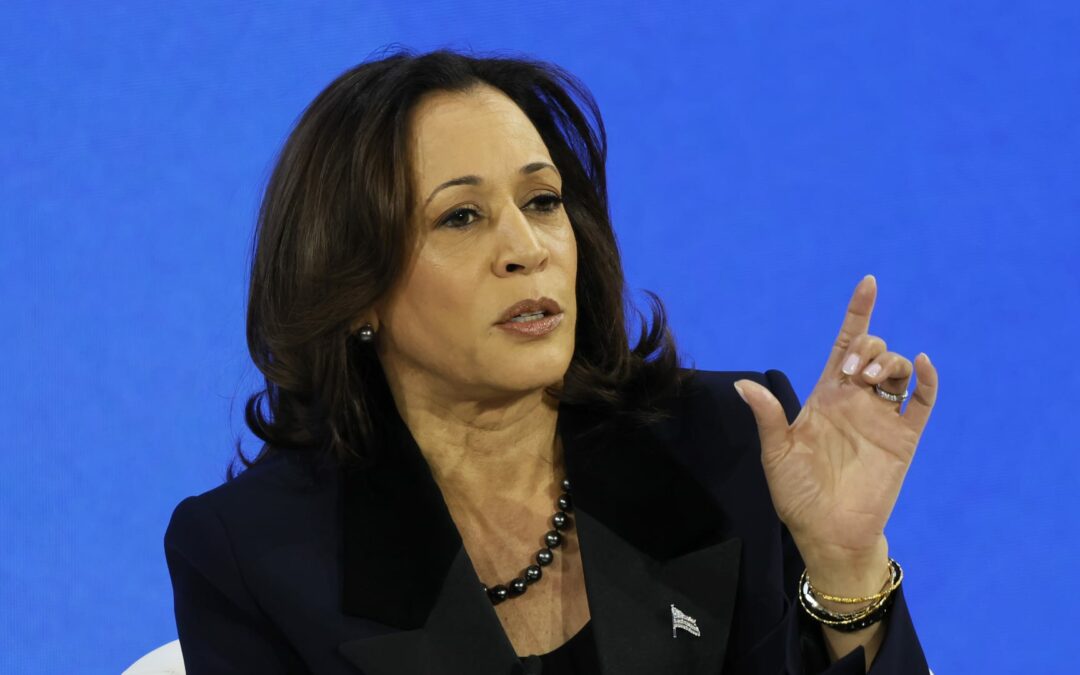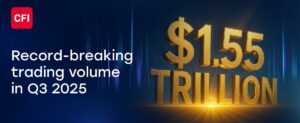Vice President Kamala Harris speaks during the New York Times annual DealBook summit on November 29, 2023 in New York City.
Michael M. Santiago | Getty Images
Vice President Kamala Harris refused to speak Wednesday about two hot-button issues — TikTok regulation and the promotion by Elon Musk of an antisemitic conspiracy — despite the fact that the White House has taken strong stances on both topics.
“You don’t have a specific view on TikTok itself?” CNBC Squawk Box host Andrew Ross Sorkin asked Harris at The New York Times’ annual DealBook summit.
“I’m not commenting,” Harris replied.
The vice president likewise ducked questions about Musk, the mega-billionaire head of Tesla, SpaceX, and X, the social media site where he recently boosted the antisemitic claim.
“We are going to have Elon Musk here later today,” Ross Sorkin said. “The White House condemned what he said. What do you think of what he said?”
“I have nothing to say,” said Harris.
Ross Sorkin followed up, “And what do you think of his trip [to Israel]?”
“I have nothing to say about that,” she repeated. “But I will say this: I’m not here to talk about people. I’m here to talk about issues.”
Harris’ silence comes as her re-election campaign with President Joe Biden ramps up. The Biden campaign has said Harris will play a “key” role in the 2024 effort.
The vice president’s office did not immediately respond to a request for comment on her DealBook interview.
The vice president’s tight-lipped evasion Wednesday starkly contrasted with how vocal the White House has been on both TikTok and the Musk controversy.
The White House has backed a bill in Congress that would give the president the power to ban TikTok due to its national security concerns.
China’s government can legally require companies in that country to hand over internal data.
TikTok, which is owned by China-based Byte Dance, has millions of U.S. citizens as customers.
TikTok has come under fire from American government regulators, who say it lacks transparency and prevents the U.S. from knowing who has access to user data and what information is getting through to users.
Earlier this month, Musk replied to an antisemitic conspiracy theory on X, formerly Twitter, which claimed that Jewish communities push “dialectical hatred against whites.”
Musk replied in a Nov. 15 post: “You have said the actual truth.”
Musk apologized for that tweet on Wednesday during his DealBook interview, saying it might have been “dumbest” post he has made on the platform. He also said he is “not antisemitic.”
At the time of the post, however, the White House blasted Musk for appearing to support antisemitism on social media.
“We condemn this abhorrent promotion of antisemitic and racist hate in the strongest terms, which runs against our core values as Americans,” said White House spokesman Andrew Bates.
But the Biden administration also acknowledged that Tesla and SpaceX technology is important to U.S. national security.
The Pentagon has commissioned contracts with Musk’s companies to use his technology in combat, including in the ongoing war in Ukraine.









